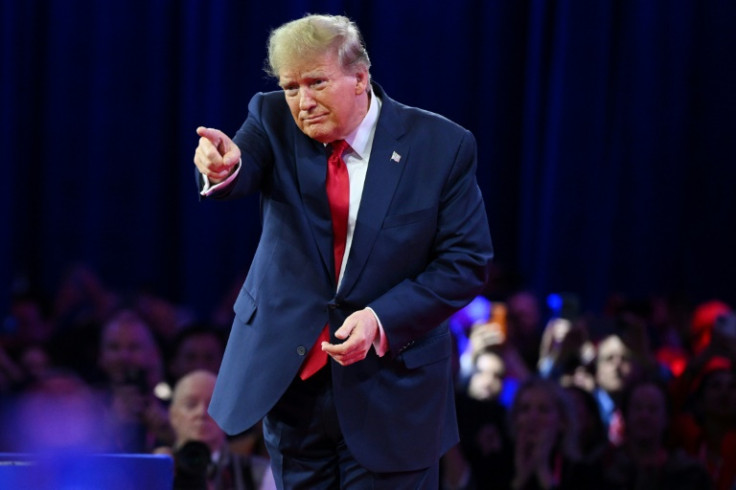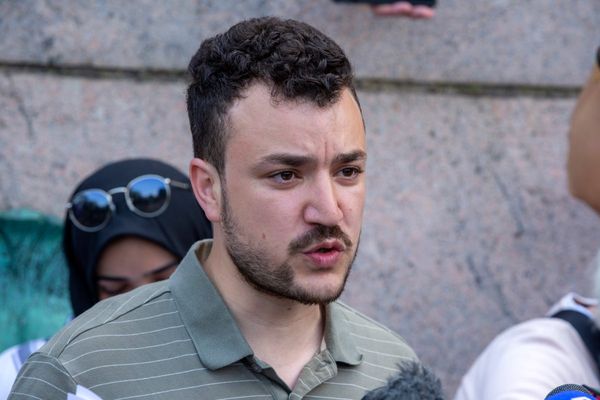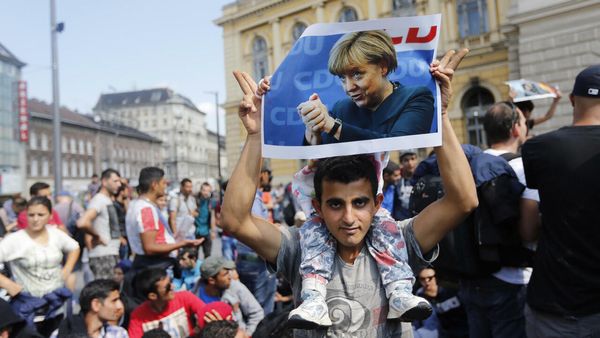
As the jury selection approaches for the hush money trial involving Donald Trump in New York, his defense team is resisting a suggested restricted gag order. They assert that Trump should have the opportunity to adequately address criticisms from his adversaries, contending that the gag order violates constitutional rights and is an effort to target Trump through politically driven accusations.
In a filing on Monday, reported by ABC News, defense attorney Todd Blanche said, "American voters have the First Amendment right to hear President Trump's uncensored voice on all issues related to this case."
He contends that voters should be entitled to listen to Trump's unrestricted responses to attacks from opponents.
Last week, Manhattan District Attorney Alvin Bragg sought restrictions on Trump's public comments about potential witnesses, judicial staff, jurors, and other prosecutors. Prosecutors expressed concern about Trump's history of inflammatory remarks, citing potential threats to the orderly administration of the trial.
In response, Trump's defense team labeled the proposed gag order as a "heckler's veto," arguing it fails to identify specific threats or harassment. They claim that Trump has complied with past gag orders and protective orders, citing a $15,000 fine in his recent civil fraud trial for violations.
While other courts have upheld gag orders in Trump's previous cases, the defense argues that these examples are irrelevant to the current request. They emphasize the need for the highest level of constitutional protection for Trump's ability to respond to public attacks, especially as he continues his campaign for the presidency.
Trump, who pleaded not guilty to a 34-count indictment related to hush money payments, faces charges of falsifying business records. His lawyers assert that he should be allowed to respond to public attacks from witnesses, explicitly mentioning recent comments by Michael Cohen and Stormy Daniels.
As the trial is set to commence on March 25, the battle over the proposed gag order adds another layer of complexity to the high-profile case. The defense insists that Trump's speech about his criminal case is intertwined with his campaign and should be afforded the highest level of constitutional protection.







